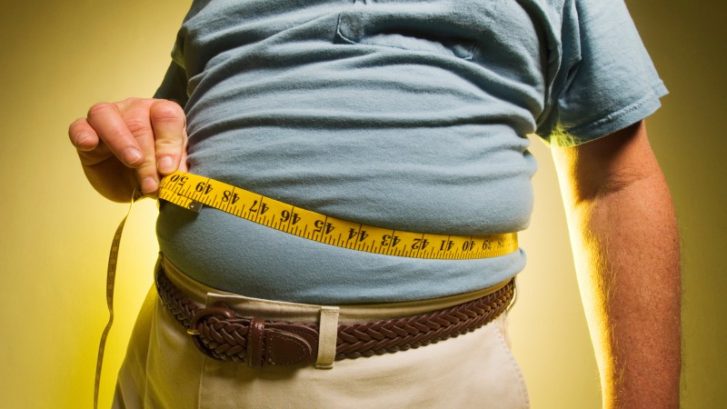What’s So Bad About Belly Fat?
Everyone knows that obesity can contribute to such ailments as heart disease, diabetes, and arthritis, among other adverse effects. However, your primary care doctors at MD 2.0 in Jupiter, Florida, want to focus on a particular type of fat: belly fat.
It used to be thought that fat was fat, but like “bad” and “good” cholesterol, different types of fat can have different impacts on the body, some worse than others. A 2015 study of more than 15,000 people over 14 years found that normal-weight men with big bellies were 35% more likely to die than those without the extra abdominal fat.
“Not all fat is equal,” Francisco Lopez-Jimenez, a Mayo Clinic cardiologist and the study leader told USA Today.
As reported last year in Science Daily, a study published in the Journal of the American College of Cardiology found that increasing stomach fat is associated with newly identified and worsening heart disease risk factors. “These adverse changes in cardiovascular risk were evident over a relatively short period of time and persisted even after accounting for changes in body mass index (BMI) and waist circumference, two commonly used methods to estimate whether someone is a healthy weight or not,” Science Daily reported. It said the study participants were 44% women, so we can see that the dangers of belly fat affect both sexes equally.
It went on to report that “individuals with greater increases in fat inside the abdominal cavity showed substantial increases in metabolic risk factors, including high blood sugar, high triglycerides, and low HDL, or good, cholesterol.”
Therefore, your concierge physicians at MD 2.0 Jupiter would like to offer the following suggestions for targeting this particularly deadly type of fat.
First of all, you can’t “target” belly fat through exercise. All the abdominal crunches in the world won’t affect that spare tire unless they succeed in helping you lose weight overall and in building muscle mass. Nor is diet alone sufficient.
Exercise in general, however, is not only helpful but necessary. “When people lose weight, some of their weight they lose will be muscle mass, if they don’t exercise,” Lopez-Jimenez told USA Today. “If you just lose weight but don’t build muscle, you may not be improving your health that much.”
Thus, if your waist measurement is over 35 inches if you are a woman, or 40 inches if you are a man, your direct primary care physicians will recommend at least 30 minutes of moderate exercise five times a week.
In addition, studies have shown that getting adequate sleep—six to seven hours every night—results in less visceral (belly) fat gain compared with those who sleep less.
And finally, stress reduction plays a major role in limiting the accumulation of abdominal fat than those who are more stressed, because the cortisol released when you are under excessive stress helps to increases the amount of fat concentrated in your belly.
We hope these guidelines will aid in your quest to improve your overall health. Your concierge physicians at MD 2.0 in Jupiter can help you tailor a plan just for you.

